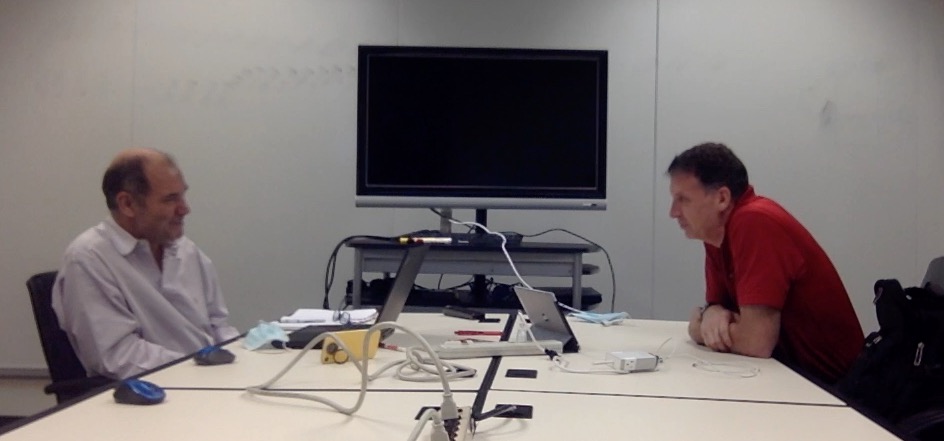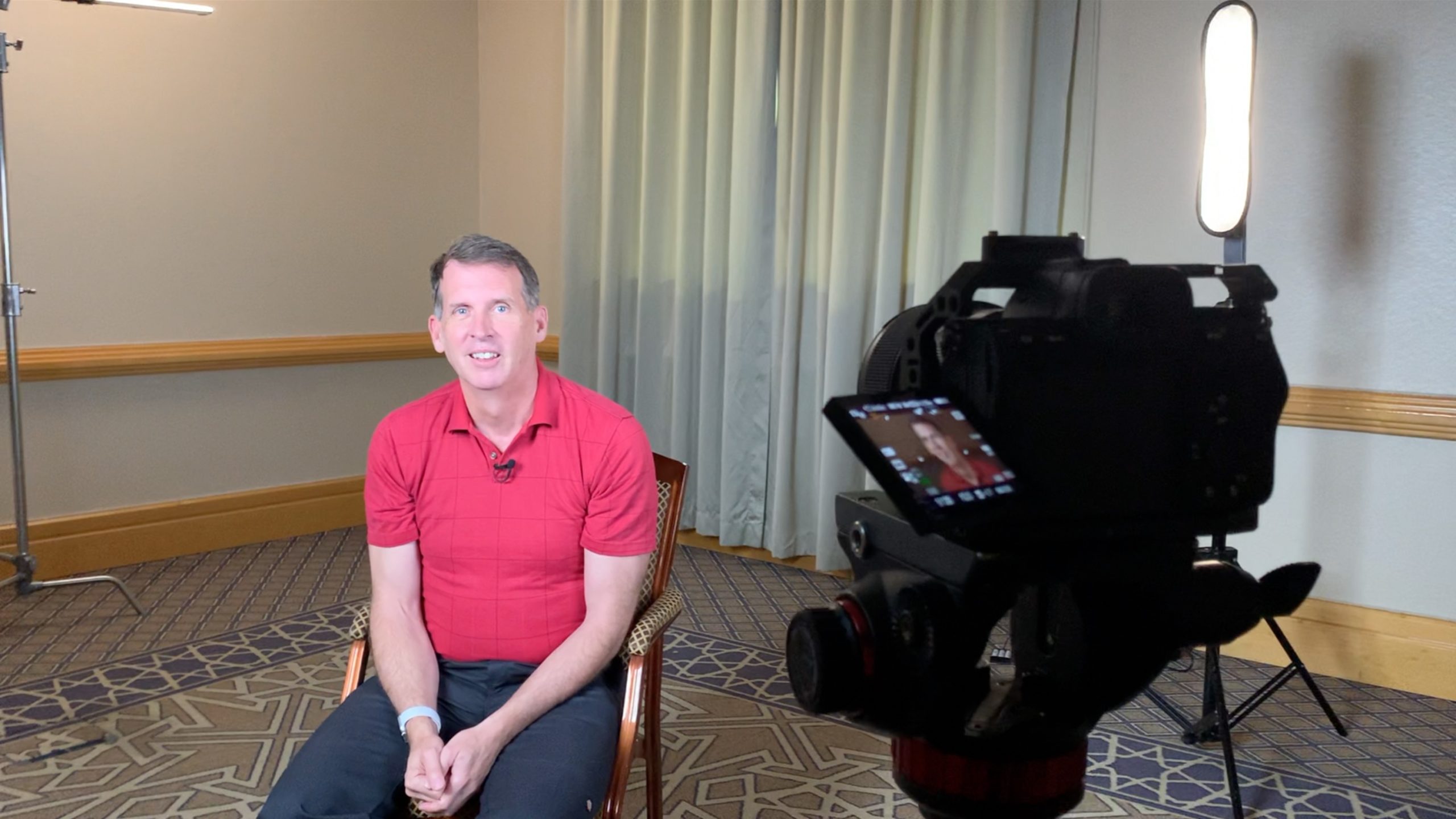Today I release a series of videos about attributes of high quality financial reporting, based upon accounting standards. I also add to these my view of attributes of good accountants; what kinds of characteristics make them capable of producing good financial reports.
When in college I was taught by Dr. Leon Woodfield about the Financial Account Standards Board (FASB)’s Statements of Financial Accounting Concepts. One part of them discussed attributes of good financial reporting, as shown in this graph, including relevance, understandability, cost effective, reliable, and others.

Additionally, in my monograph, Metric Engine: Reinventing the Data Supply Chains for Business, I also discuss these attributes.
My list in this video includes many of both these list, but does not follow them exactly.
Additionally, I’ve added a comment in each video about the attributes of the types of people involved in producing financial reporting that I have associated with over the years.
You can watch the series of videos in order with this playlist
Or, you can watch individual videos, each of which is posted below. Here is video one, Episode 229 of Conversations with Kip, an introduction to the series of videos.
Useful and Intelligent
Financial Reporting should be useful. We measure things to determine how effective those things are. Setting up systems which perform that measurement is not easy to do, but it can be very useful.
In some ways, financial reporting is complicated because the users of the financial reports often do not have a direct customer relationship in that they pay for the service, like other types of activities. Financial reporting is paid for most often indirectly, not by the stock market or the banks.
Alfred W. Crosby said bookkeeping “taught us how to oblige grocery stores and nations, which are always whizzing about like hyperactive children, to stand still and be measured….”
I find those who work to produce financial reports are typically intelligent people. Alfred W. Crosby said bookkeeping “taught us how to oblige grocery stores and nations, which are always whizzing about like hyperactive children, to stand still and be measured….” (Alfred W. Crosby, The Measure Of Reality: Quantification And Western Society, 1250-1600 (Cambridge University Press, 1997) Pages 201). Doing that is not easy to do. By and large, it takes intelligent people to attempt to produce useful financial information.
Here is Episode 230 of Conversations with Kip, on Useful and Intelligent.
Accurate and Principled
If bookkeeping is not accurate, it misleads. Accuracy is a fundamental characteristic of bookkeeping, if it is to be helpful and useful.
Accuracy demands adherence to what make sense, but also to standards that are established by various bodies, for how things should be measured. Those standards help protect against undue self-interest in the representation given.
Being accurate at times requires that those who produce financial reporting have to be principled. Principled means being independent, having courage to stand up for what is right.
In financial reporting, tomorrow’s employment often depends upon the integrity shown today.
For example, public auditors are paid by management to attest to the financial reports. And so one could assume they will do whatever management–their pay master–tells them to do. But I’ve found that’s not true, because auditors know that the next job is dependent upon the continuation of their integrity. Selling it today for nearly any price precludes years of being able to provide it to others in the future.
The same is often true of CFO’s and Controllers in organizations, who know their next job may well depend upon their independence and integrity today.
Here is Episode 231 of Conversations with Kip, on Accurate and Principled
Complete and Humble
Good Financial Reporting needs to be complete: all the data that should be included must be included. And complete should mean data that should not be included is not included. Incompleteness will present misleading results. This requirement is very demanding.
Those who produce financial reports are often quite humble. They aren’t responsible for doing the transactions, but they have to gather all the necessary data quite often after the fact. And they have to gather the data on ALL the transactions in the reported entity. They are, in a sense, servants of all. Humility in performing these tasks serves them well for the most part.
Here is Episode 232 of Conversations with Kip, on being Complete and Humble
Transparent and Honest
Transparency is about being clear. It answers the question why. Motives are made clear in transparency. Although financial reporting typically summarizes activity (making those hyperactive children stand still for a moment), the underlying business events should be clear from what is summarized. Financial reporting should be transparent.
For those who produce it, I find by and large they are honest people. Pacioli noted that the market place functions because people believe others will keep their promises; and the bookkeeper will be unemployed in time if he or she is not honest. Honesty is a form of transparency; our underlying motives are clear. Good bookkeeping requires honesty.
Here is Episode 233 of Conversations with Kip, on being Transparent and Honest.
Timely and Hard Working
Good financial reporting works to a schedule. This is important because showing trends over time requires comparability between periods. And it needs to be done typically quickly; reporting on ancient history is not as useful. Most often the most recent events predict the future better than those from long ago.
This timely requirement means financial reporters must work to a deadline, and doing that consistently. It is challenging to repeat consistently the cycle to produce the reports, to not be worn down by the work and requirements. By and large, financial reporters tend to be hardworking individuals.
Here is Episode 234 of Conversations with Kip, on being Timely and Hardworking.
Innovative and Creative
OK, so no ethical accountant aspires to be a “creative accountant.” The connotation is that they arrive at predefined answers, independent of the underlying business events.
But many people think bookkeeping can only be done one way, but as my book Balancing Act shows, there many ways in which bookkeeping can be done to produce the final results.
To make bookkeeping cost effective, accountants are quite creative. They use subsidiary ledgers to reduce the attributes that must be recorded on each transaction; they use recurring journals to automate those frequent processes. They use various classification roll-ups to produce useful reporting on many dimensions of the data.
There is actually a lot of flexibility in bookkeeping, and the accountants use it frequently.
If I were to rate strengths though, this would be the one space where I think the profession could improve. I have found far too many accounts resist changes to processes and procedures in the name of being conservative, and at times to the detriment of the resulting system. Using old technique will not improve today’s results.
Accountants can be creative, in a good sense. There needs to be more license–and perhaps at times more courage–to be creative in improving our financial reporting processes.
This then is Episode 235 of Conversations with Kip, on being Innovative and Creative.
Cost-effective and Caring
Accountants are really quite effective at watching costs; it comes with the job description. They measure carefully, and by and large they spend carefully. Good financial reporting has to be cost effective. It is very expensive, as I noted elsewhere in a sense it is a tax on the organization to be able to produce it. Keeping costs down is critical to all successful businesses.
But accountants can in fact be quite caring as they control costs. My experience with Robert Glen Keil, an IBM CFO, showed that to me. The following is a memory I posted a few years ago about Bob after his passing, on FamilySearch.org.
I worked at IBM, and Bob was the CFO of the area that I worked in. I was a newly promoted executive, given an investment budget to try and grow a new business. It was clear after a year that it was not going to be successful. Bob had what I suspect was often the unenviable task of helping people stop spending money, which likely often gave a sense of failure to them.
I remember he was firm with me, but kind. He did not expect me to make the changes in a day, but rather make a plan and come back to him with what the plan was. I don’t think I had more than two or three phone conversations with him.
His name came to mind recently. His passing was very unexpected. In thinking about him, I have a feeling he was kind to me in some ways that I don’t even know about; that perhaps he advocated for me behind the scenes, or did not take as drastic action as some wanted. Those are only feelings I have, but it is possible that he would do so.
I hope his family has fond memories of him, and some assurance that they will see him again.
In sharing this with a work colleague of his, I got the response: “Its funny how memories pop into your mind during the most random times. Bob comes to mine often while I am work. I can’t tell you how many times some situation comes up and I will say to myself, you know how Bob would have handled this! You are pretty spot on. He was a firm guy when it came to business, but had a heart of gold that often wasn’t seen unless you were close to him. Thanks for passing this along”
This then is Episode 236 of Conversations with Kip, on being Cost-effective and Caring.





Leave a Reply